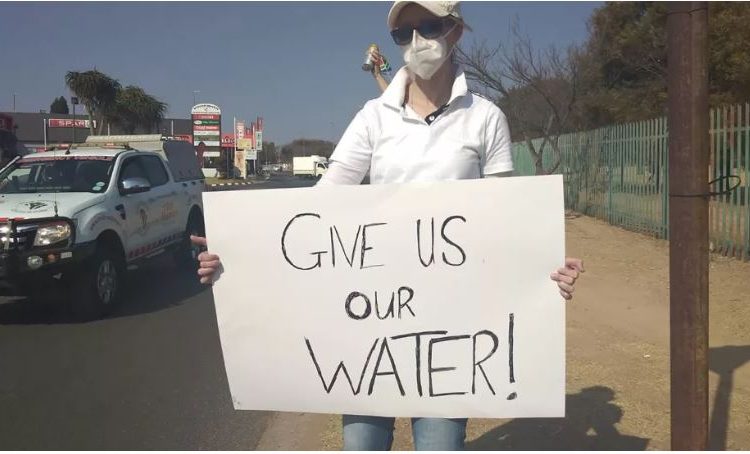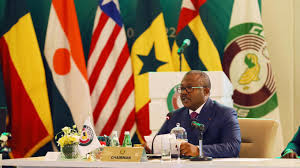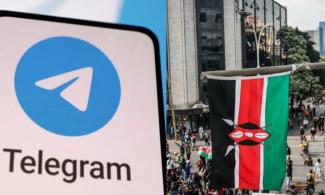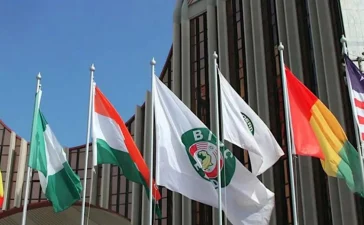The peace of a normally tranquil suburban road near South Africa’s capital, Pretoria, is being shattered by the sound of drilling.
These are not prospectors looking for a new source of the country’s mineral wealth, but workers digging for an arguably more precious resource: water.
Private boreholes – like this one being excavated in Garsfontein – are springing up across the wealthier neighbourhoods in the country’s economic heartland, where taps have been running dry.
“I am tired of not knowing when we will have water and when we won’t,” the frustrated homeowner says.
“Having a borehole means we won’t have to depend on the government so much, it’s what’s best for my family.”
Much of the domestic water supply here depends on electricity to pump it from the source to the vast high plain on which the cities of Johannesburg and Pretoria sit.
South Africa’s recent electricity woes – with regular lengthy scheduled blackouts – have had a knock-on effect on the supply of water.
“All of our stations, they need electricity, they need power. You have to pump water everywhere where it is needed,” says Sipho Mosai, the head of state-owned Rand Water, one of the country’s main water providers.
“Electricity is really at the heartbeat of what we do and if we don’t have it externally, at least for now, it becomes a problem.”
“Some days I don’t have both water and electricity, and this can be for days at a time. It makes daily life insufferable,” says Zizi Dlanga, a 35-year-old private wealth manager.
She lives in a two-bedroom apartment in an affluent suburb in the north of Johannesburg with her sister who is a trainee doctor. She now stocks up on water when it is available and goes to a gym to take a shower.
“My water bill stays the same even with all the cuts. I feel frustrated, I don’t have access to water alternatives [like a borehole] that would make this bearable for me,” she adds. -Source: BBC






